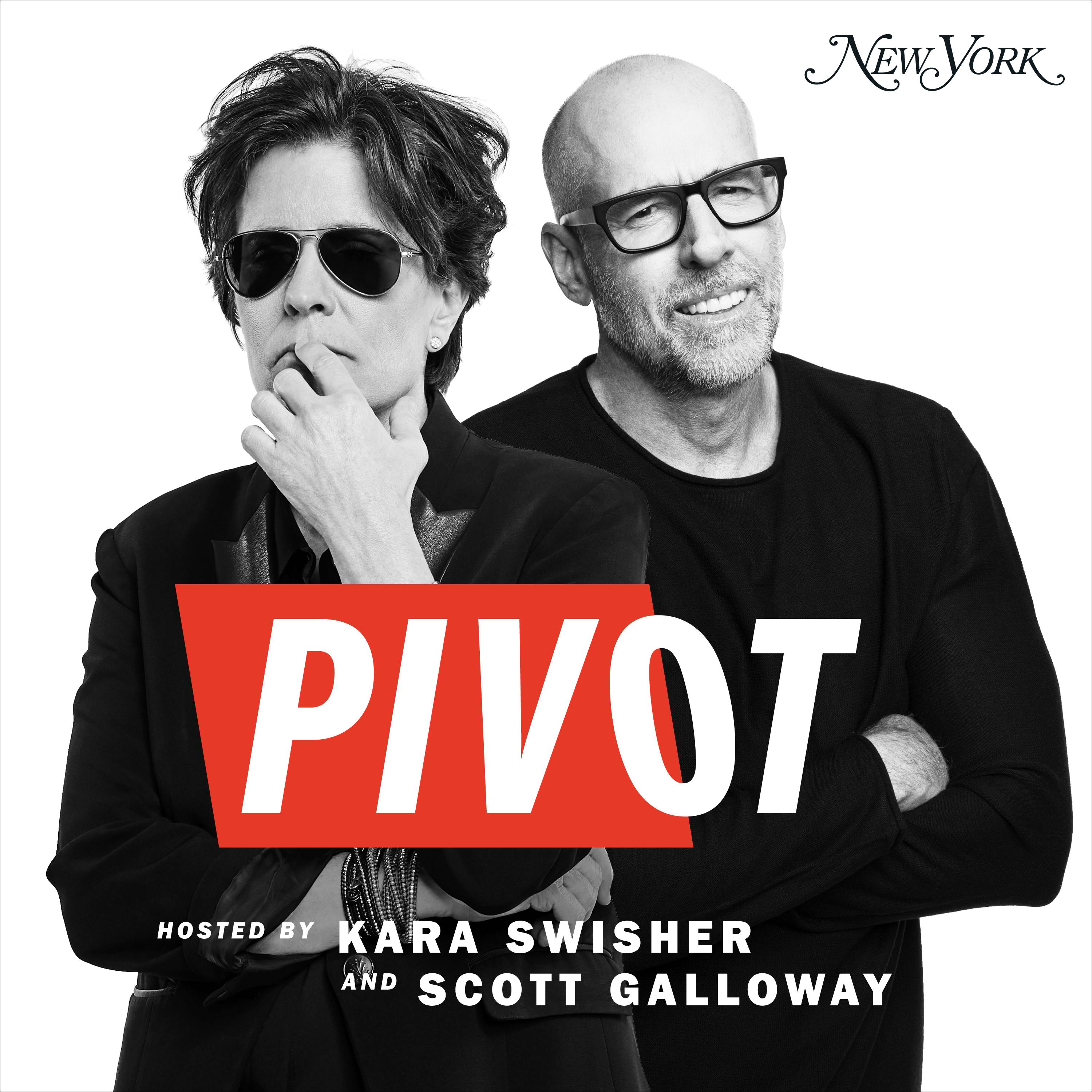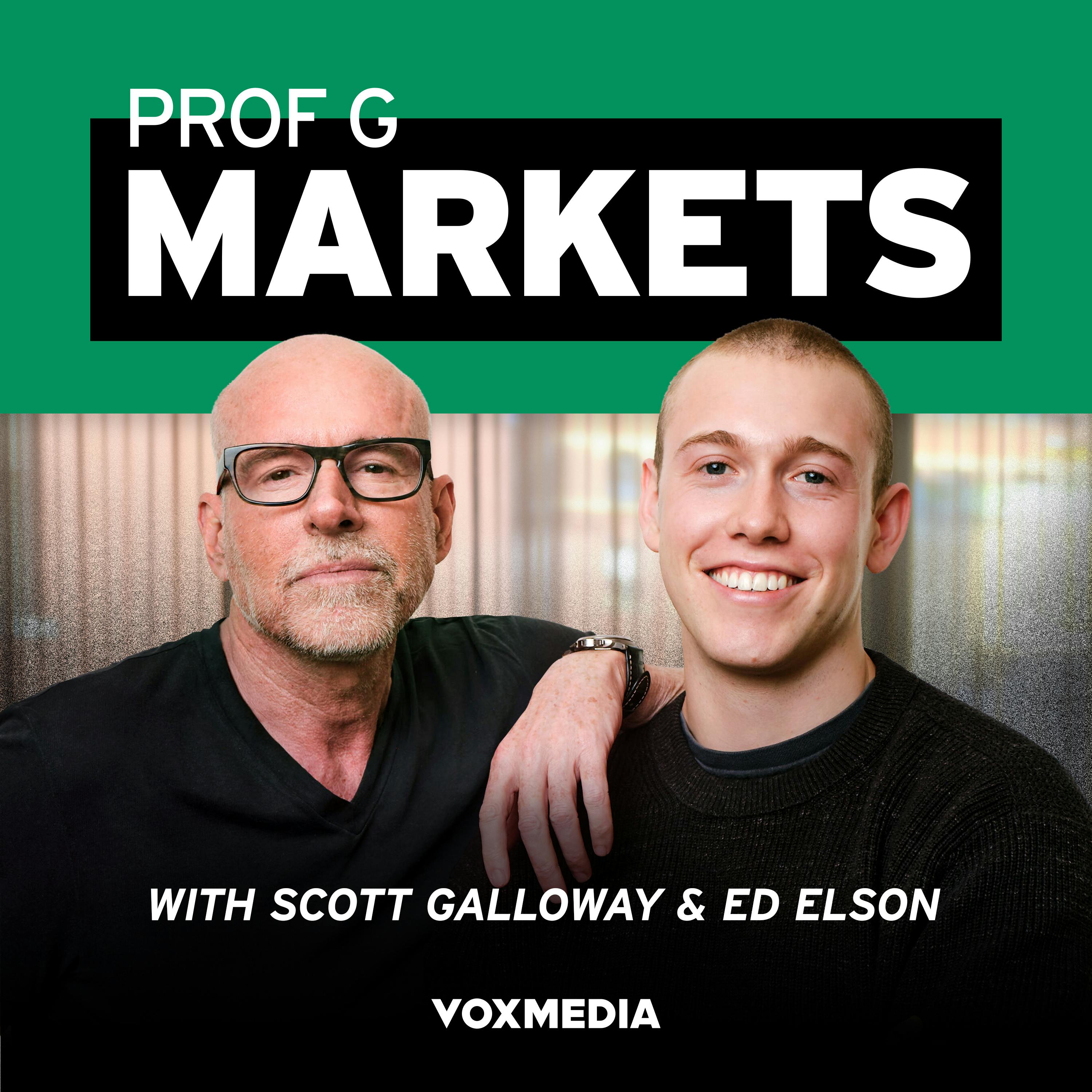PortalsOS
Related Posts
Vote to see vote counts

The run-up in gold doesn't speak well. When Bitcoin's up, all the other alternates, he called them dollar alternates.
The Wall Street crash and subsequent deflation forced most countries off the gold standard in the 1930s, except for the United States. Roosevelt's New Deal made it illegal for Americans to own gold.
China is accumulating gold and may have more than the U.S., which hasn't had a public audit of its gold reserves. This raises questions about the quality of U.S. gold and the strategic moves of countries like China and Russia.

Investing in physical gold offers a private and secure way to protect wealth. Unlike digital assets, gold is a tangible asset that remains safe even if the banking system falters.
The bottom line is the run-up in gold is essentially an indictment against the U.S. because gold is sold. Also dollars.
Gold and Bitcoin are non-government forms of money that cannot be debased, offering protection against currency devaluation. They may play a crucial role in the future.
Since the final vestiges of the gold standard were abandoned in 1971, the supply of money has ballooned. This has led to more money chasing the same amount of goods, contributing to the rise in prices over the years.

The US dollar's strength is attributed to its central role in the global financial system, but this position is threatened by the ability to invalidate holdings in dollars.
Countries in the Shanghai Cooperation Organization, like China and Russia, are increasing their gold holdings and de-dollarizing, potentially creating a payment system that bypasses the US dollar.

Institutional investor interest in U.S. markets outside the U.S. hit a 15-year low, signaling a potential shift in capital flows towards emerging markets.